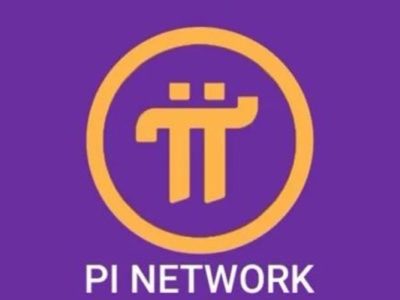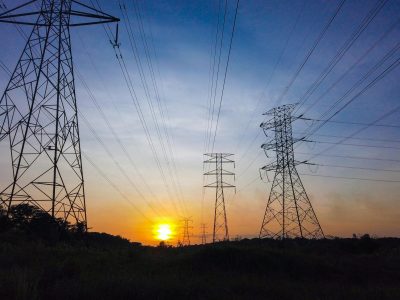
The International Monetary Fund (IMF) has suggested that European Union (EU) companies could enhance their competitiveness against their US and Chinese counterparts by reducing their energy costs.
This reduction could be achieved through governmental cooperation in investing and integrating the EU’s currently fragmented energy market.
The IMF’s recommendation comes at a time when boosting economic competitiveness is a key priority for the 27-nation bloc.
EU’s energy problem
The EU is currently facing challenges in keeping up with China and the US in the race for new, climate-friendly technologies.
High energy costs are seen as a significant hurdle for EU businesses, making their products and services less competitive in the global market.
By integrating the energy market and promoting investment in energy infrastructure, the EU could potentially lower energy costs for businesses.
This would not only make EU companies more competitive but also stimulate economic growth and innovation within the bloc.
Furthermore, a more integrated energy market could lead to greater energy security and a smoother transition towards cleaner energy sources.
The IMF’s suggestion highlights the importance of energy policy in achieving broader economic goals.
It also underscores the need for cooperation among EU member states to address the challenges facing the bloc’s economy.
The challenge of maintaining competitive energy prices within the European Union has escalated substantially due to the disruption of inexpensive pipeline gas imports from Russia, a consequence of the 2022 invasion of Ukraine.
This geopolitical event has forced EU companies to bear the burden of electricity costs that are double those faced by their US counterparts, creating a significant competitive disadvantage.
This disadvantage is particularly pronounced in industries that are heavily reliant on energy, such as chemicals, steel, and aluminum production.
These sectors are fundamental to the EU’s industrial base, and the inflated energy costs pose a threat to their profitability and long-term sustainability.
Integration of energy markets
In response to this pressing issue, the IMF has proposed a potential solution– increased integration of the EU energy market.
This strategy, as outlined in a paper prepared for discussions among EU finance ministers, would not only lead to lower energy prices but also enhance energy security within the EU and contribute to the reduction of CO2 emissions, according to a Reuters report.
The IMF’s analysis underscores the interconnectedness of energy prices, energy security, and environmental sustainability.
By promoting a more integrated energy market, the EU could potentially address multiple challenges simultaneously.
Lower energy prices would boost the competitiveness of European industries, while enhanced energy security would reduce vulnerability to external disruptions.
Furthermore, the integration process could be designed to incentivize the adoption of cleaner energy sources, thereby contributing to the EU’s climate goals.
The EU electricity market is fragmented due to varying electricity prices among the 27 member states.
The IMF suggests increased cross-border electricity trading and grid capacity as a solution, according to the Reuters report.
Challenges to integration
However, countries with low electricity production costs, and thus the ability to export, often resist grid integration due to concerns about potential domestic price increases.
The paper suggests that if the 27 EU governments were to integrate their energy markets, it would attract investors and save the bloc around 40 billion euros ($41.16 billion) annually, Reuters said.
However, the paper also notes that energy policy remains under the control of individual national governments, as opposed to a joint EU policy. This raises the risk of uncoordinated and more expensive approaches to energy.
The post EU can rival US, China with integrated energy market: IMF appeared first on Invezz









